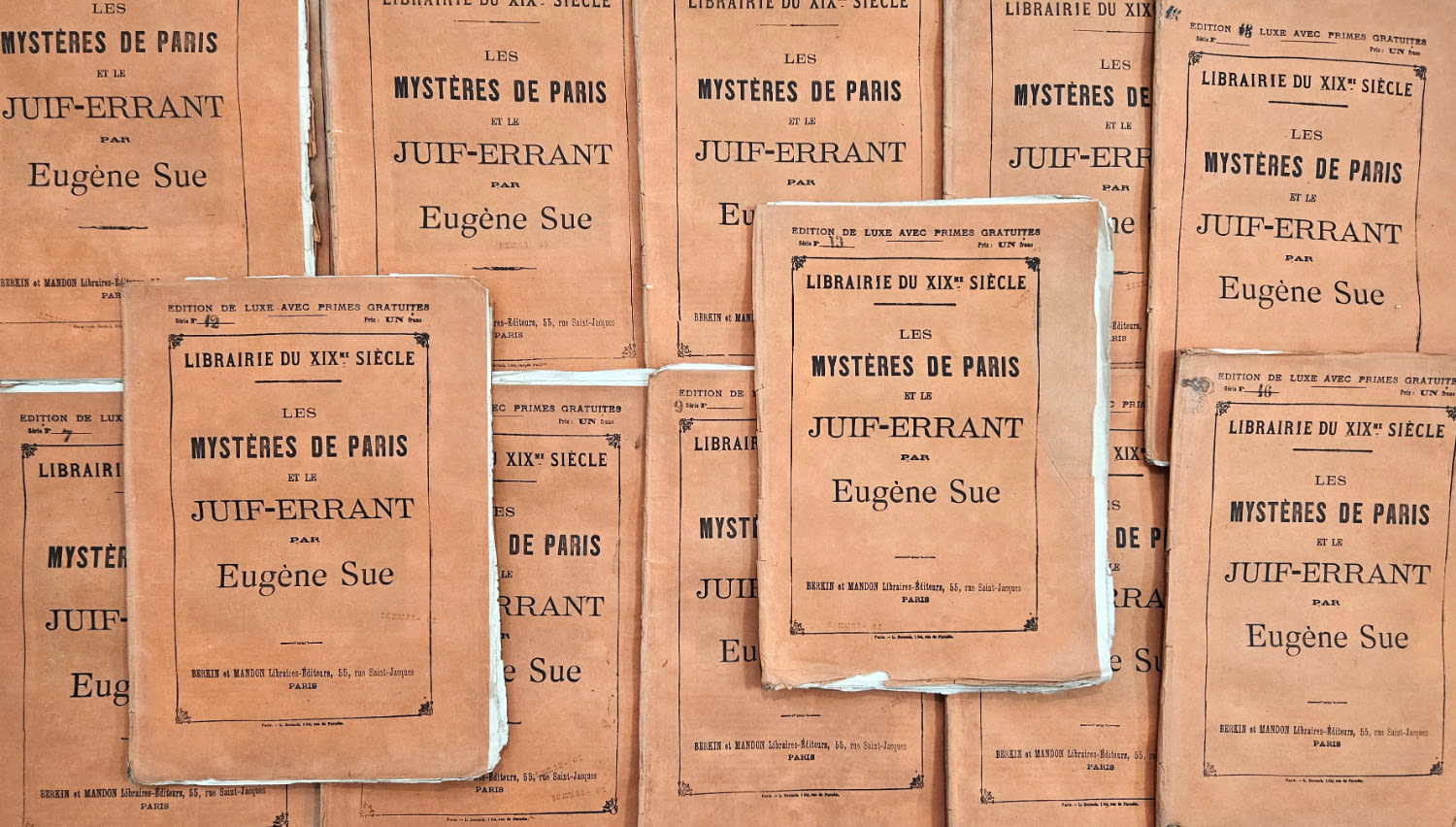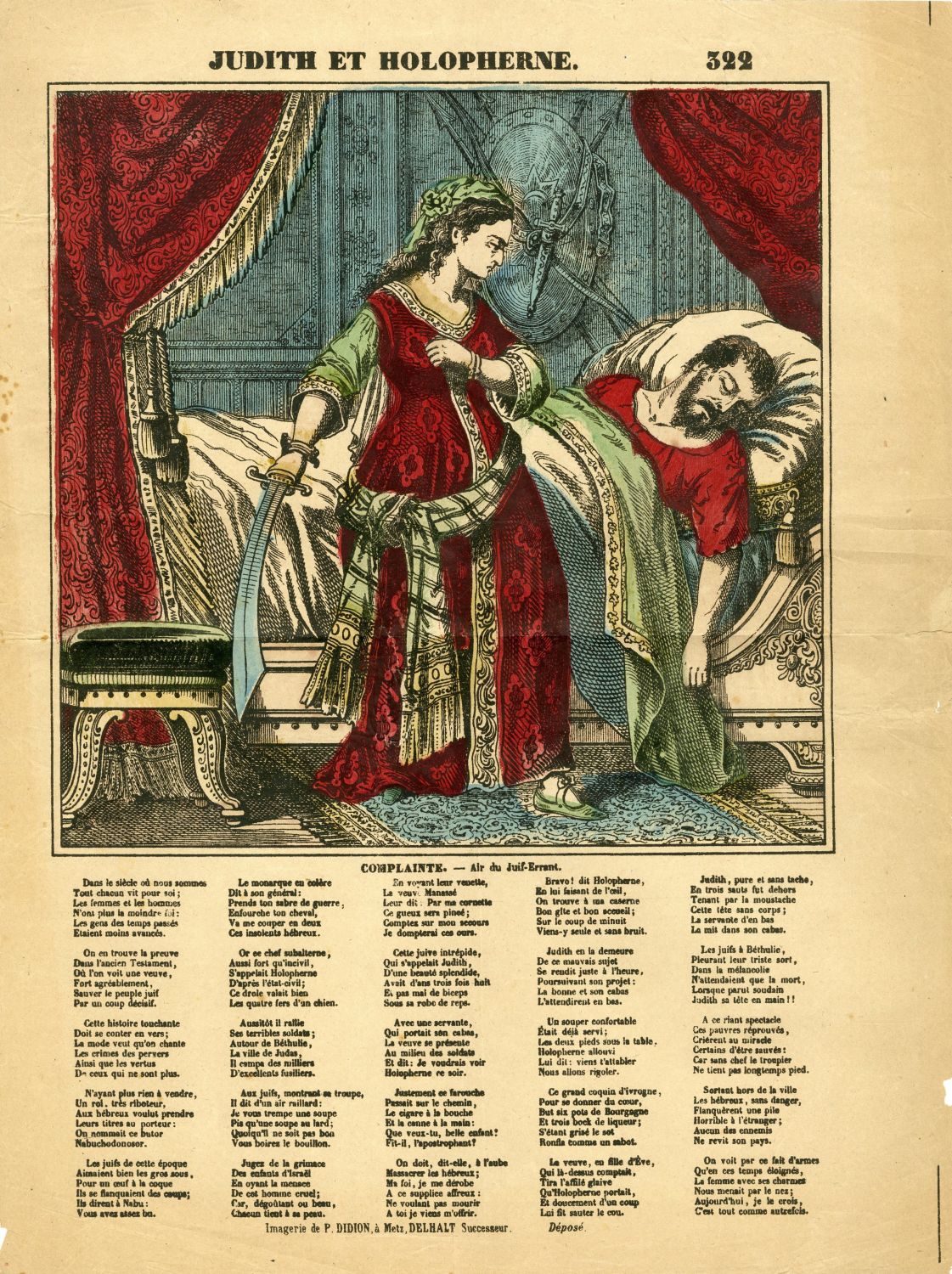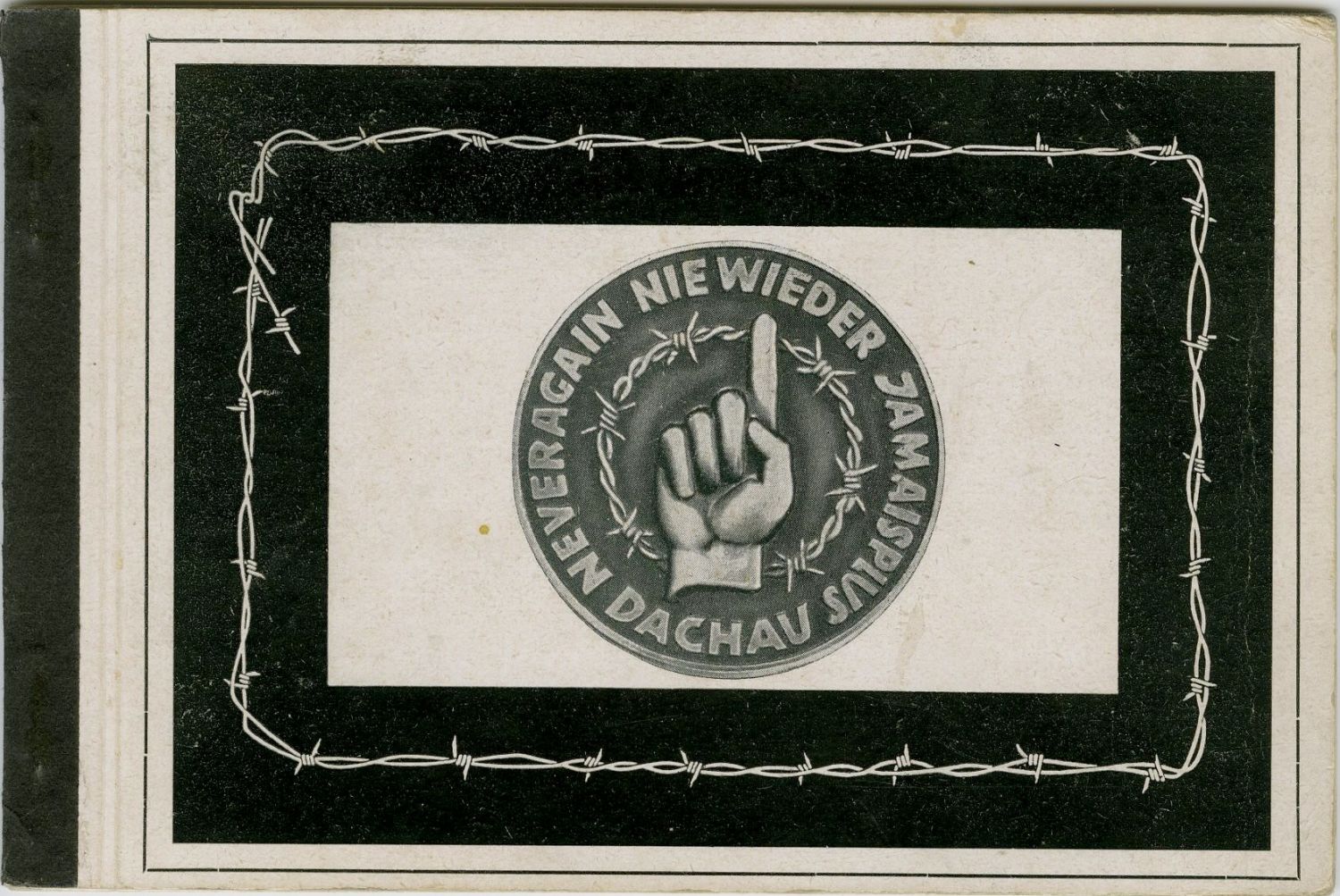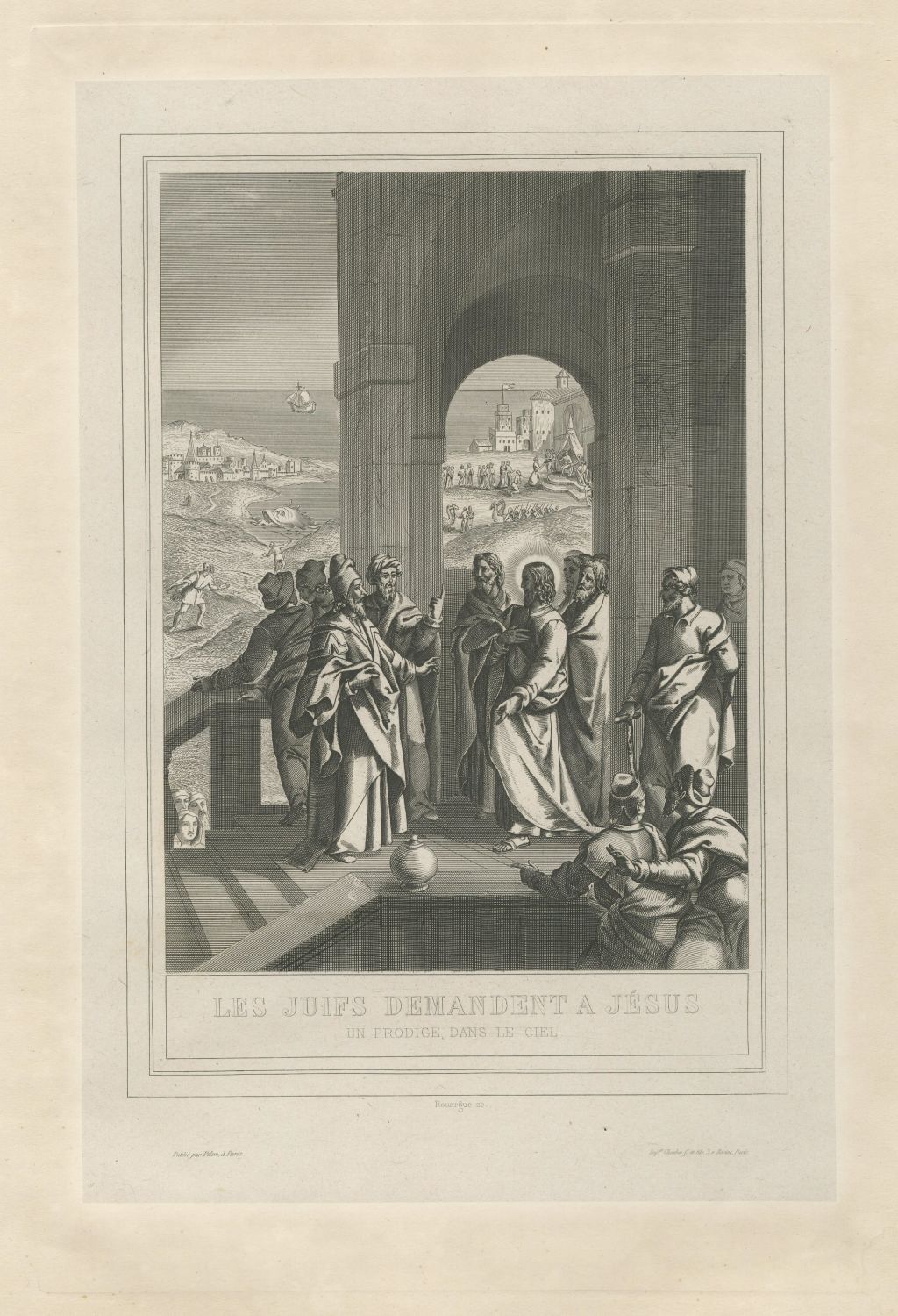Erlebnisse eines politischen Gefangenen im Konzentrationslager Buchenwald - Experiences of a Political Prisoner in the Buchenwald Concentration Camp - A report about Buchenwald concentration camp written in the camp itself after liberation by Allied forces. Published by Thuringer Volksverlag G.m.b.h Weimar 1946. German.
Testimony of a Buchenwald concentration camp inmate written in the camp itself after liberation by Allied forces. Unlike other inmates who naturally sought to improve their situation by locating family separated from them in war and starting new lives, Alfred decided to immediately write in the camp itself an account of his experiences from the day he was seized by the Gestapo in July 1937 until his liberation from Buchenwald to preserve the fresh memory as precisely as possible before time would erase the facts. Alfred was one of the resistance fighters who remained in Buchenwald the longest time - from its inception until liberation by the Allies over 8 years!
The author was arrested along with 600 detainees in hidden Gestapo trucks on charges of resistance activity, and taken to Buchenwald, then still called Ettersberg (Before becoming an official concentration camp, it was called Ettersberg, named after the Ettersberg mountain located to the north below which it was situated ). There were already three barracks designated for SS commanders, and upon arrival they immediately heard a speech "Forbidden, forbidden, forbidden" by the Nazi criminal Hekmann with camp commander Koch already present. The place was fenced with temporary barbed wire and inmates slept directly on exposed wooden floors.
Alfred was among the first inmate group assigned to essentially prepare and construct the camp grounds. Koch himself commanded inmates tasked with the exhausting construction labor. Inmates were forced to break stones for building officers' villas, and as Alfred attests, thousands were shot dead or died from overwork under the stone burdens impossible to withstand.
Alfred shares his inner turmoil from those days, already understanding the camp's grim direction and his slim chances of survival. He resolved to grievously injure the SS commander with the axe he worked with, knowing punishment would be immediate execution, but a friend dissuaded him - "They will kill 50 inmates after you", In a second thought he writes: "I relinquished my decision, not to save my life, but my friends".
He describes the camp's terrible hunger: "Indifference to life was terrifying, starving inmates stormed every scrap container, potato peels, beet waste... One evening roll call announced two inmates died from eating garbage...". Yet he notes inmates' amazing resilience confronting hunger, establishing a collective fund equitably distributing food with neediest receiving first portions and others shared remainder. As Nazi power rose, Buchenwald's conditions severely deteriorated with punishments and torture intensifying and atrocities growing grimmer.
He recounts the mass arrests and transports of thousands of German Jews to Buchenwald after the murder of German diplomat Ernst vom Rath - the incident that led to the Kristallnacht. Nazis detained thousands of Jews in Germany, establishing five temporary camps in Buchenwald itself for some 15,000 Jews. Many lost sanity in camp's early days from unrestrained Nazi abuse. From there Alfred describes Buchenwald's horrors of summer 1940 killing many Jews as hunger plunged to new depths.
The book's descriptions appear densely, clearly showing Alfred's efforts writing quickly all he remembered. It includes dozens of inmate names and daily fates, dates, precise details regarding countless SS executions in camp - brutality lengths, punishment of inmates "daring" forbidden acts, mass arrests of transported groups "treated" as one unit, The fresh memory of those who witnessed those difficult events and details them in detail is evident in all of them.
Alfred also documents camp's final weeks influenced by advancing Allied forces. Camps emptied inmates east and west to Buchenwald as Nazis desperately concealed extermination traces. Bodies were hastily removed from arriving transports simply rolling corpses outside, rapidly evacuating the camp as Allied bombings neared, shooting anyone unable to evacuate themselves. Simultaneously anti-Fascist inmates sabotaged production to hamper Nazi actions. On April 11 as Allied planes circled overhead, camp loudspeakers called all SS to immediately abandon camp. As Allied fire neared, inmate groups seizing weapons began killing SS members themselves. "We were free and wanted to prove ourselves worthy of freedom" he writes. By 10 AM next day armed inmates held over 100 SS members. National anthems began sung at each barrack's entrance representing its housed inmates, as an American officer addressed newly liberated inmates. Alfred himself also participated in building Buchenwald's first memorial monument erected in remembrance of the victims.
45 [1] p. Very good condition.















